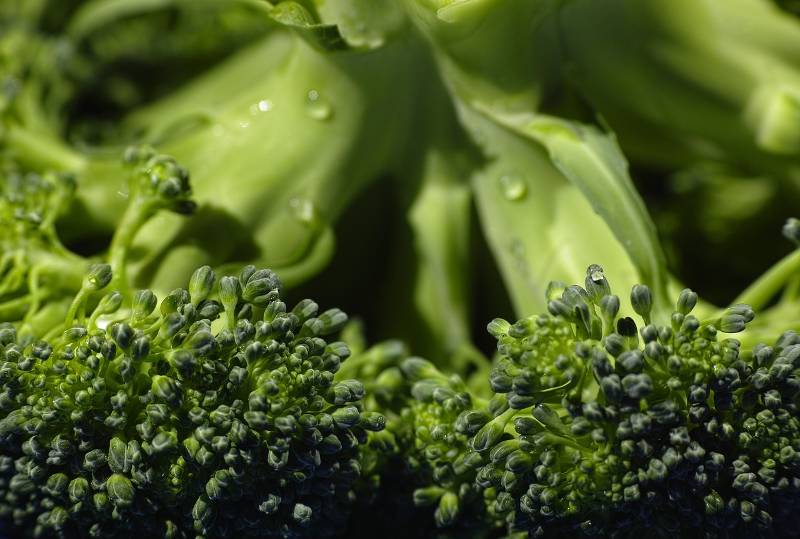Broccoli, a vegetable that tends to evoke strong opinions, is renowned for its health benefits, including its positive effects on heart health, cancer prevention, immune function, weight management, and more. However, not everyone can fully tap into these health-promoting properties, and a research team from the University of Illinois Urbana-Champaign suspects that the variation may be due to differences in gut microbe communities. With the support of a grant from the USDA’s National Institute of Food and Agriculture, this team intends to uncover which microbes play a crucial role in maximizing the benefits of broccoli and other brassica vegetables.
Interestingly, the influence of gut microbes comes into play specifically when we consume cooked broccoli. When we eat raw broccoli, the vegetable releases healthy compounds, albeit with a bitter taste, through a chemical reaction activated by physical chewing. To eliminate the bitterness, we simply need to cook it. However, the cooking process deactivates the enzyme responsible for this reaction, known as myrosinase. Fortunately, certain microbes generate their own version of myrosinase, allowing them to complete the reaction in the gut with varying levels of efficiency.
Michael Miller, the principal investigator of the grant and a professor in the Department of Food Science and Human Nutrition at the College of Agricultural, Consumer and Environmental Sciences (ACES) at U. of I., explained, “Gut bacteria can metabolize glucosinolates in broccoli to isothiocyanates (ITCs), the bioactive compounds with known health benefits, but they can also break glucosinolates into other inactive materials that do nothing for us. We’re focusing on the flux between these metabolic outcomes and how we can potentially steer that flux towards ITCs and away from the non-bioactive products.”
The first step in this endeavor is to identify the bacteria involved and assess their efficiency in producing ITCs compared to less beneficial compounds. Miller’s team is conducting a study in mice, a model system that can provide insights for future human research. Mice are being fed both cooked and uncooked broccoli and kale to gain a comprehensive understanding of the chemical and microbial processes involved.
Once the ITCs are unlocked, whether in the mouth or the gut, they activate bitter-taste receptors in cell membranes, initiating a series of reactions that affect hormones related to glucose regulation and the sensation of fullness.
Miller further elaborated, “We actually have bitter taste receptors all the way down, not just in our mouths, but in our colon and small intestine, too. The goal of our work is to show that the bitter compounds (ITCs) made by gut bacteria from metabolizing broccoli trigger bitter taste receptors in the gut and impact satiety, causing mice to eat less.”
Upon identifying the superstar bacteria that optimize ITC production for anti-cancer and weight management benefits, Miller envisions the development of custom probiotics to help individuals with less efficient microbial communities. Furthermore, he anticipates that his research will offer insights into whether raw or cooked broccoli (or kale) might be more beneficial for weight loss, potentially influencing dietary recommendations.


